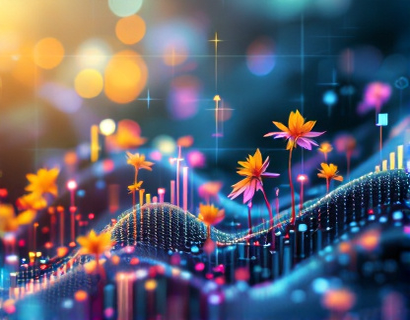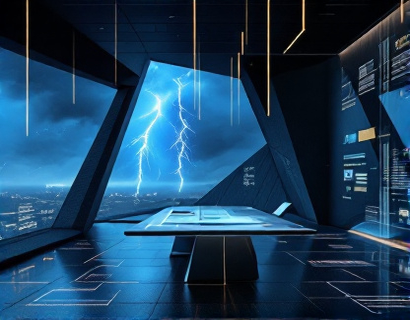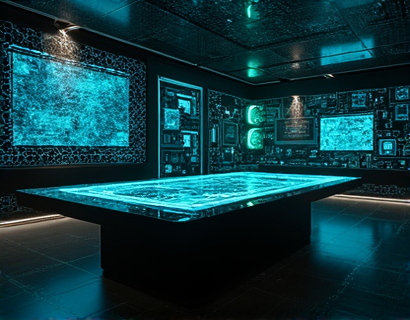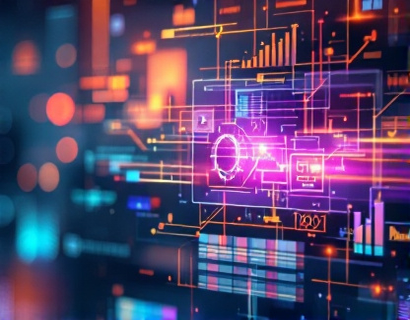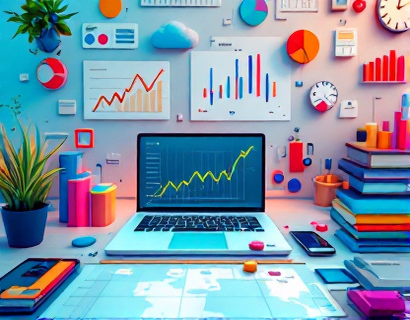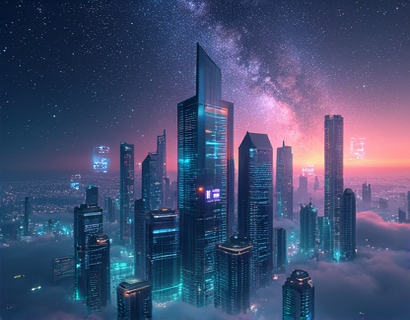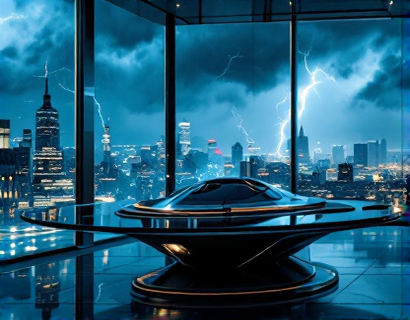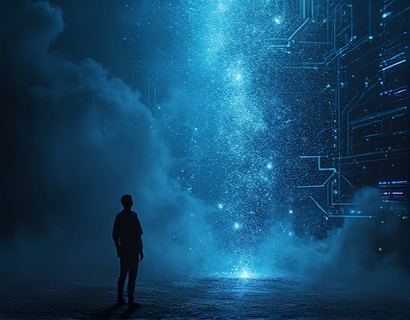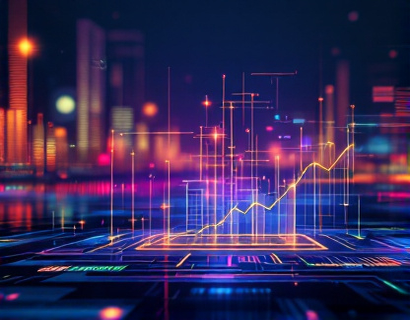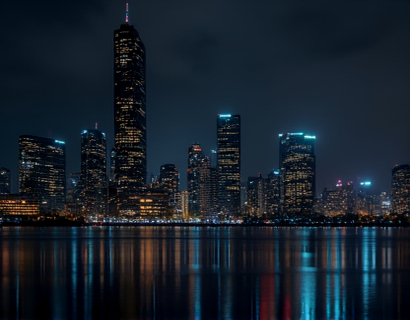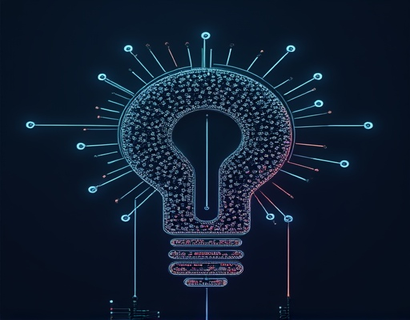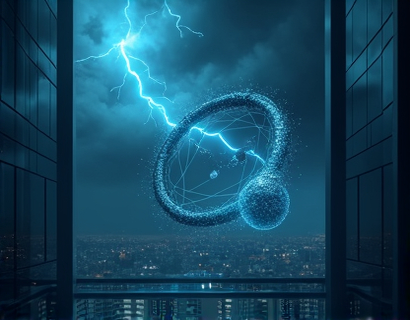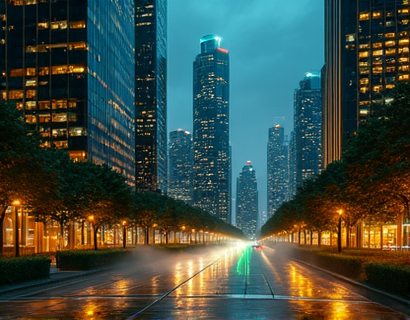Unlocking Musical Mastery: Harnessing AI for Advanced Composition and Production
The landscape of music creation is undergoing a transformative shift with the integration of artificial intelligence (AI) technologies. This evolution promises to revolutionize the way musicians compose, produce, and refine their work, offering unprecedented tools that enhance creativity and sound quality. The advent of sophisticated AI software has made it possible for both seasoned professionals and emerging artists to tap into a realm of possibilities that were once the domain of the technologically advanced. This article delves into how AI is reshaping the future of music, providing insights into the tools and techniques that are redefining artistic expression.
AI in Music Composition
AI-driven composition tools are designed to assist musicians in generating melodies, harmonies, and even entire tracks. These systems analyze vast databases of musical pieces, learning patterns and structures that underpin various genres. By understanding these musical constructs, AI can propose innovative ideas that complement or even challenge the composer's initial vision. This synergy between human creativity and machine learning results in compositions that push the boundaries of traditional music-making.
One of the key advantages of AI in composition is its ability to handle repetitive or time-consuming tasks, allowing artists to focus on the creative aspects. For instance, AI can quickly generate a multitude of chord progressions or melodic lines, from which the musician can select and refine the most promising elements. This not only speeds up the composition process but also expands the creative palette, introducing new sounds and structures that might not have been considered otherwise.
Enhancing Sound Quality with AI
Beyond composition, AI plays a pivotal role in elevating the sound quality of music productions. Advanced algorithms can analyze and optimize audio recordings, removing noise, correcting pitch, and enhancing overall clarity. These tools employ sophisticated signal processing techniques, often surpassing the capabilities of traditional audio editing software. By automating these tasks, AI enables musicians to achieve professional-grade sound quality with minimal effort, making high production values accessible to a broader audience.
Moreover, AI can assist in the mixing and mastering stages, providing real-time feedback and adjustments to balance levels, EQ, and compression. This ensures that the final product sounds polished and consistent across various playback systems. The ability to fine-tune these elements with precision and efficiency is invaluable, especially for independent artists who may not have access to expensive studio equipment or expert engineers.
Intuitive Tools for Creative Inspiration
The integration of AI into music creation software has led to the development of intuitive tools that inspire and guide musicians throughout the creative process. These tools often feature user-friendly interfaces that simplify complex tasks, making advanced technologies accessible to all levels of users. For example, AI-powered suggestion engines can propose harmonic variations or rhythmic patterns based on the user's input, sparking new ideas and directions.
Visualization tools are another exciting development, allowing musicians to see their music in a graphical format. These visual representations can help in understanding the structure and flow of a piece, making it easier to identify areas for improvement. Additionally, AI can generate mood boards or atmospheric soundscapes, providing a sensory experience that fuels creativity and helps in setting the right tone for a composition.
Collaboration and Community
The rise of AI in music creation has also fostered a sense of community among musicians. Online platforms and applications enable artists to share their AI-generated content, collaborate on projects, and receive feedback from peers around the world. This global exchange of ideas and techniques accelerates the learning process and encourages innovation. AI serves as a common language, bridging cultural and geographical divides, and fostering a more interconnected music community.
Furthermore, AI facilitates the creation of virtual ensembles and collaborations between human and machine. Musicians can perform alongside AI-generated elements, creating hybrid performances that blend the best of both worlds. This not only expands the creative possibilities but also opens up new avenues for live performances and interactive experiences.
Challenges and Considerations
While the benefits of AI in music creation are undeniable, there are also challenges and considerations that must be addressed. One of the primary concerns is the potential for over-reliance on AI tools, which could stifle originality and personal expression. It is crucial for musicians to maintain a balance, using AI as a supportive tool rather than a replacement for their artistic vision. The goal is to enhance, not dictate, the creative process.
Another consideration is the ethical use of AI-generated content. Issues such as copyright, ownership, and the authenticity of AI-created music need to be carefully navigated. As AI continues to evolve, the music industry must establish clear guidelines and regulations to ensure fair practices and protect the rights of all creators.
Future Prospects
The future of music creation with AI is promising and full of potential. As technology advances, we can expect even more sophisticated tools that further blur the lines between human and machine creativity. The integration of AI with other emerging technologies, such as virtual reality and blockchain, could lead to entirely new forms of musical expression and distribution. The possibilities are vast, and the journey ahead is likely to be as exciting as it is transformative.
In conclusion, AI is not just a tool but a partner in the creative process, offering unprecedented opportunities for musicians to explore, experiment, and excel. By embracing these advancements, artists can unlock new levels of creativity and produce music that resonates with audiences in ways previously unimaginable. The future of music creation is here, and it is powered by the synergy of human ingenuity and artificial intelligence.





